 Before sitting down to write, ask yourself, “Does my book need a bun?”
Before sitting down to write, ask yourself, “Does my book need a bun?”
Recently, I was craving a good burger, but I’ve been on a keto-type diet, and my beloved bread is not part of the plan.
I went to place a delivery order from a newish grass-fed burger place, thinking I would just put special instructions into the form asking them to leave out the bun.
Sure, I could throw away the bun… but first, there is the unnecessary waste of good food… and then…
I know myself… … if their tasty brioche bun was sitting before me….well, why suffer temptation?
As I perused the takeout menu, I was pleasantly surprised to see the option for a lettuce-wrapped burger!
Genius.
And it was really tasty!
This got me thinking about your book. The one you are thinking of writing.
You might think of it as a brioche bun when it could be lettuce-wrapped or deconstructed into a burger and fixings in a bowl.
Hopefully, I haven’t lost you here… so let me give you a few book examples to illustrate my question ‘does your book need a bun’:
Let’s say you want to write a book about your consulting methodology. You envision it taking twelve chapters to outline the problem, your methodology, and how it can be applied.
What if your message would get you great author results just as successfully as:
- A book of case studies
- A book of interviews
- A step-by-step guide
- A parable
- A six-chapter, 50-page book
Or… any one of hundreds of potential book formats [yes, a colleague has studied and identified hundreds of formats!]
How do you decide the format for your book? Here are a few ways:
- Think of books you have enjoyed – what is their format?
- Think about your zone of genius… Is it interviewing? Is it breaking down complex tasks into smaller chunks and creating step-by-step instructions?
- Consider your ideal readers – are they busy executives who want ‘just the facts’? Engineers who need lots of data?
You are unique. Your book can be as well.
![]() Words differently arranged have a different meaning, and meanings differently arranged have different effects” is attributed to Blaise Pascal.
Words differently arranged have a different meaning, and meanings differently arranged have different effects” is attributed to Blaise Pascal.
As we go into the Labor Day holiday weekend in the U.S., I encourage you to consider the format that will bring you the most joy and feel the least like labor!
Finding the sweet spot between your author goals, your zone of genius, and how you enjoy working can result in a book format that feels less like labor and is more fun to create—no bun needed—while still helping you achieve great results.
Pascal also said, “Let no one say that I have said nothing new; the arrangement of the material is new”.
 This article first appeared in my newsletter –The Non Fiction Author Lab
This article first appeared in my newsletter –The Non Fiction Author Lab
Related Content: The Self Publishing Blueprint – Key to Bestselling Books





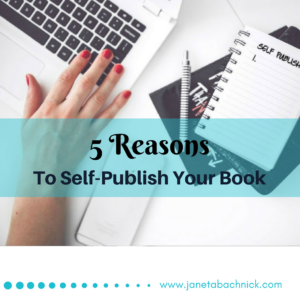
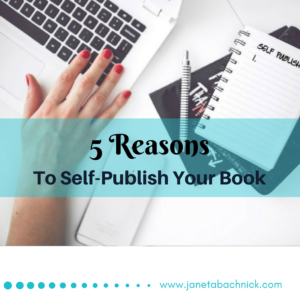 Authors often wonder should you self publish your book or seek out a traditional publisher. There are pros and cons to both avenues of publishing, so it’s important to understand them before making such an important decision.
Authors often wonder should you self publish your book or seek out a traditional publisher. There are pros and cons to both avenues of publishing, so it’s important to understand them before making such an important decision.
 I was a perfect September day and the passers-by were just following their instinct and conditioning.
I was a perfect September day and the passers-by were just following their instinct and conditioning.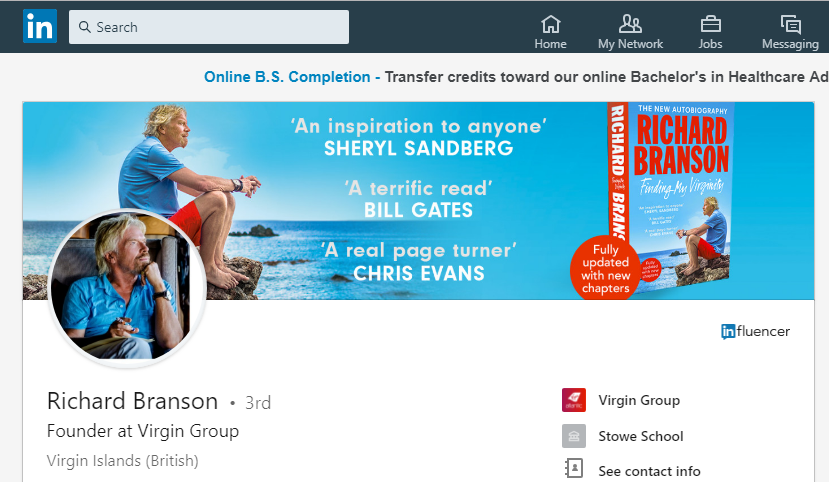

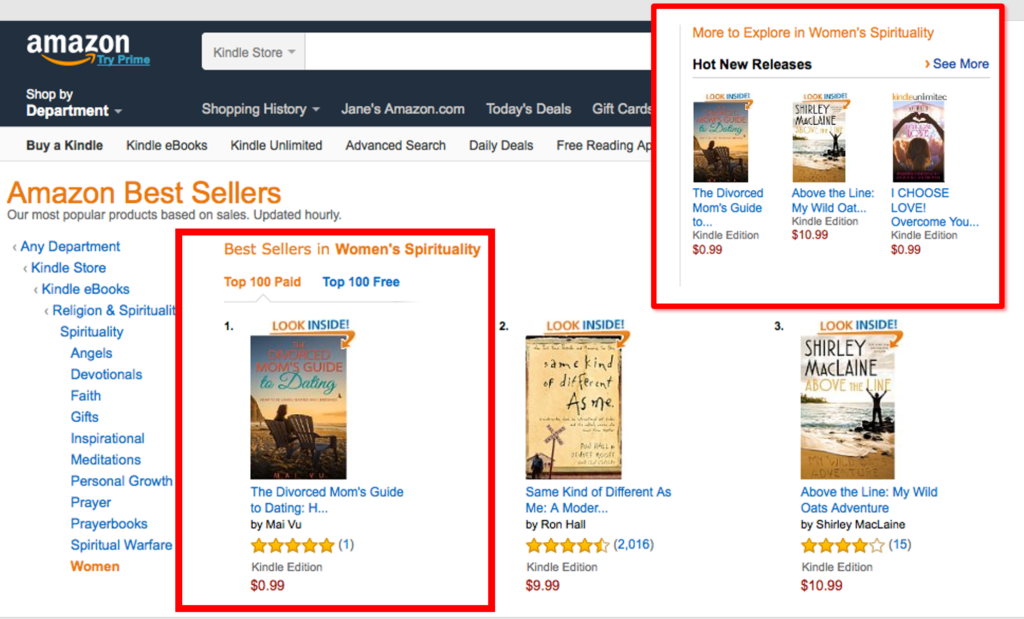
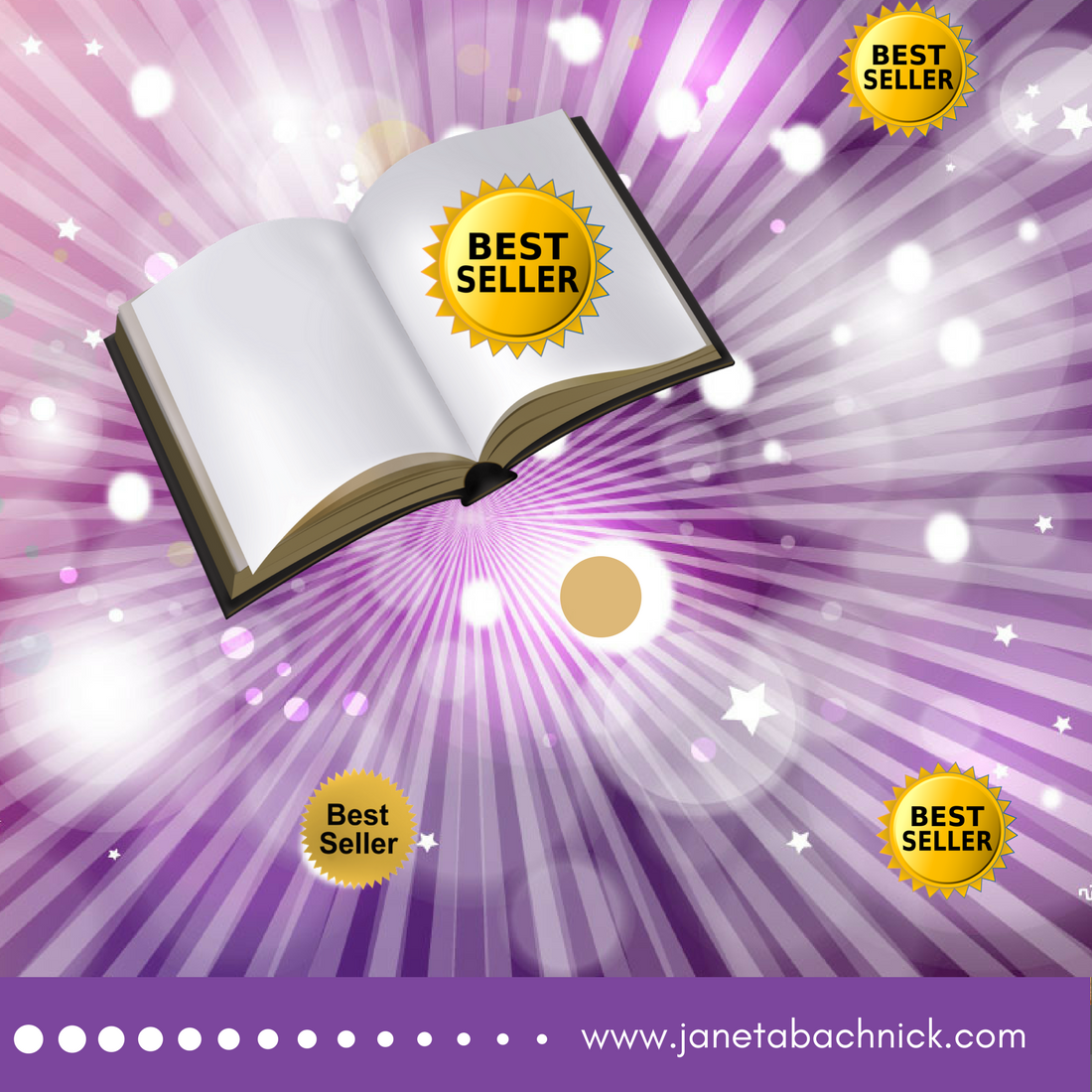
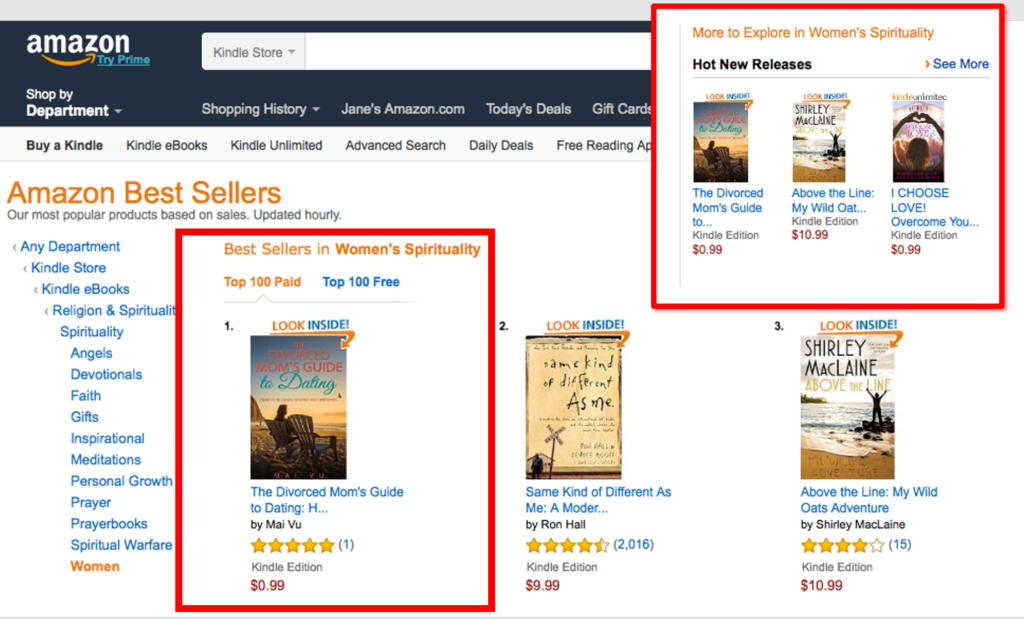
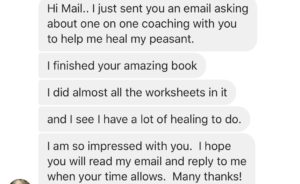
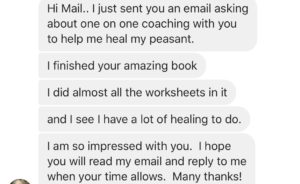 The message, which you can see in the image to the left, was from a reader, who was so excited and ready to sign up for coaching with Mai after reading her book that she emailed her and then sent her this message on Facebook to make sure Mai saw it as soon as possible.
The message, which you can see in the image to the left, was from a reader, who was so excited and ready to sign up for coaching with Mai after reading her book that she emailed her and then sent her this message on Facebook to make sure Mai saw it as soon as possible.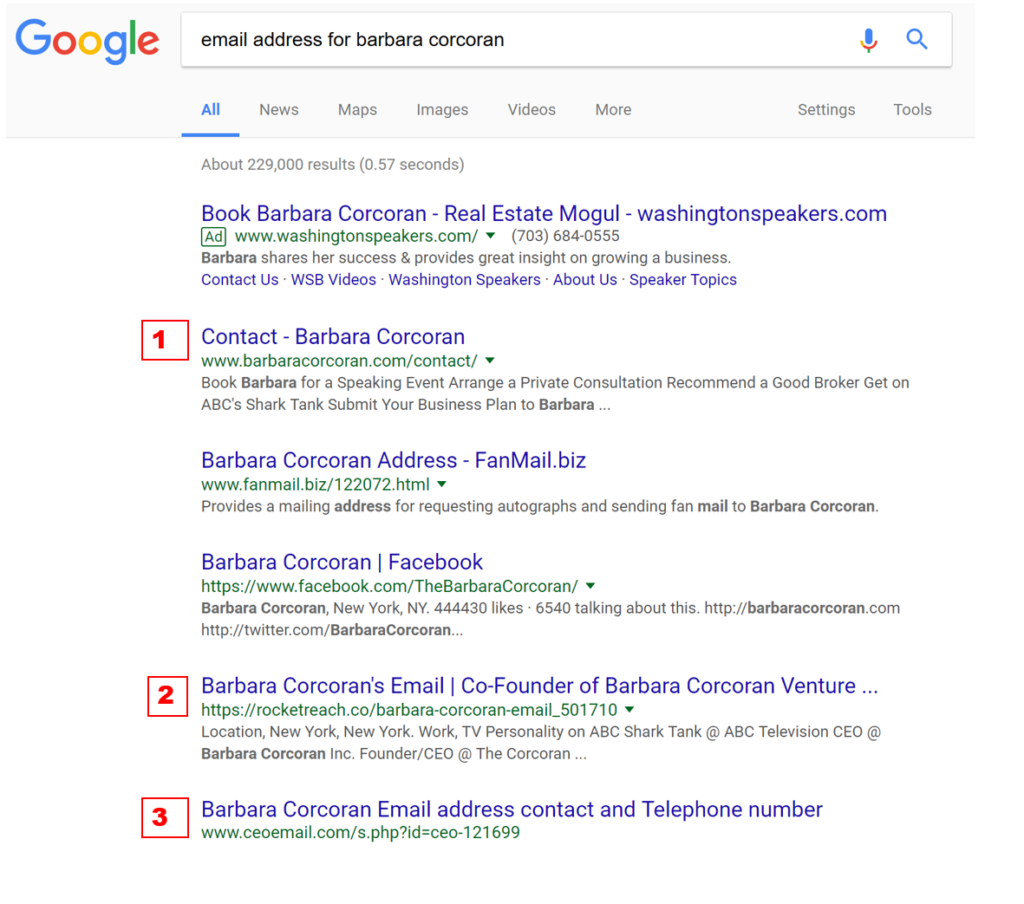
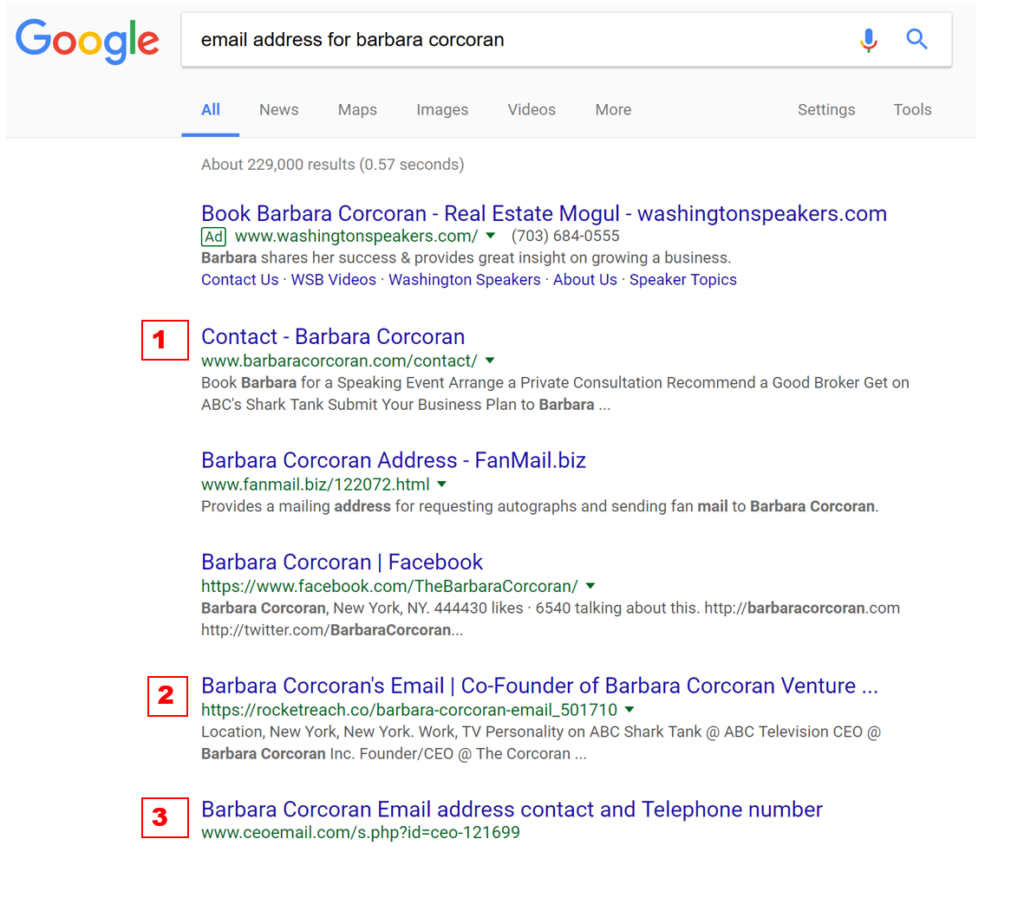
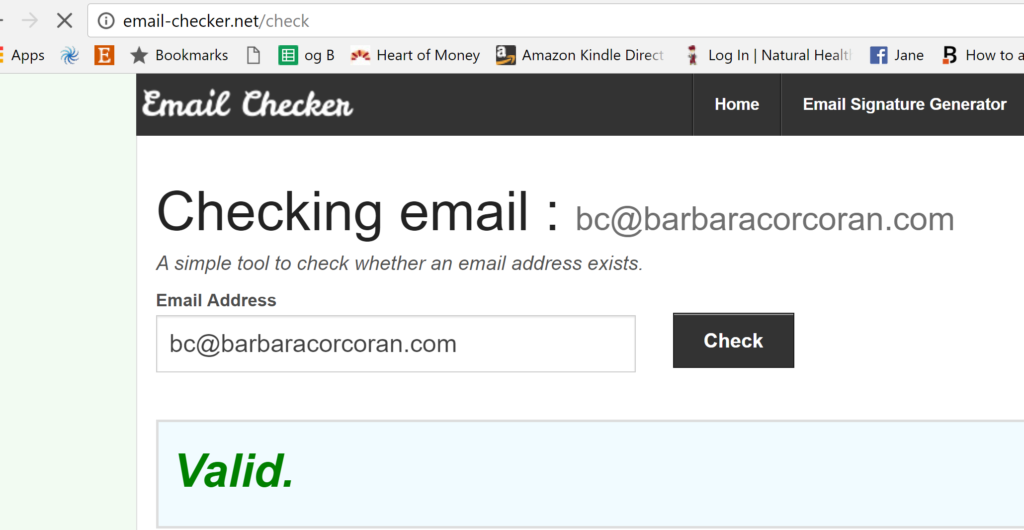
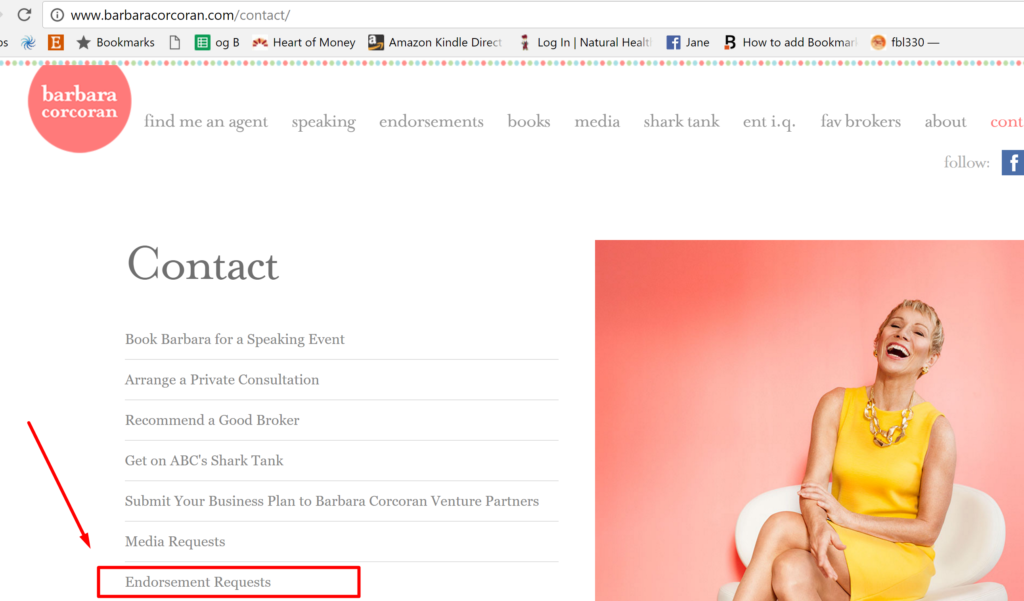
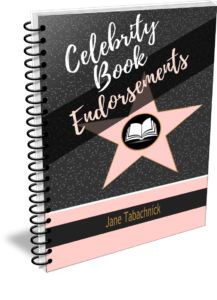




 I consider social media as part of ‘the media’ nowadays
I consider social media as part of ‘the media’ nowadays